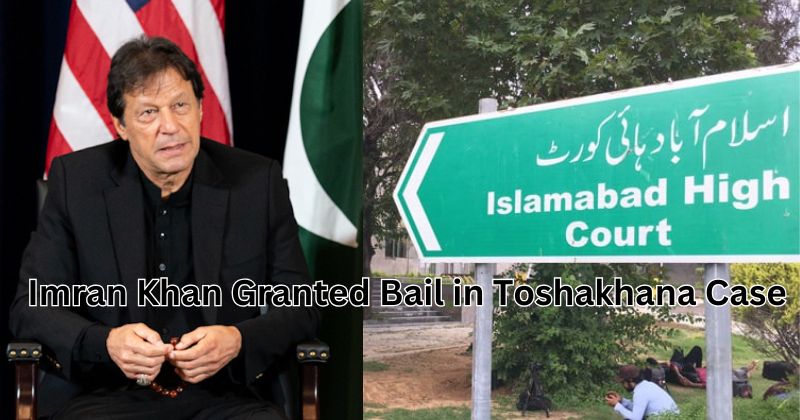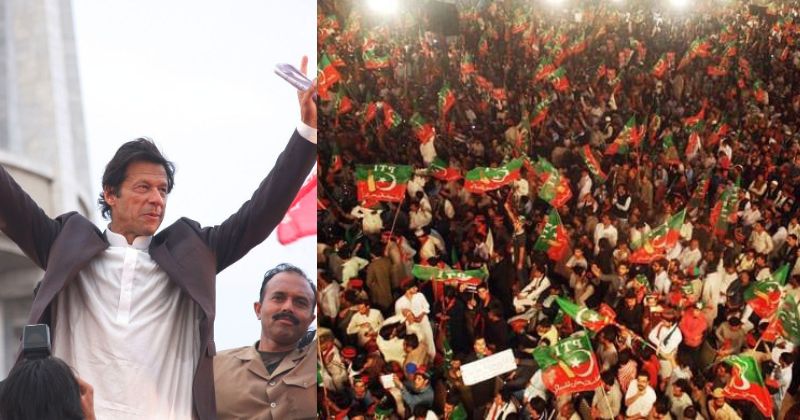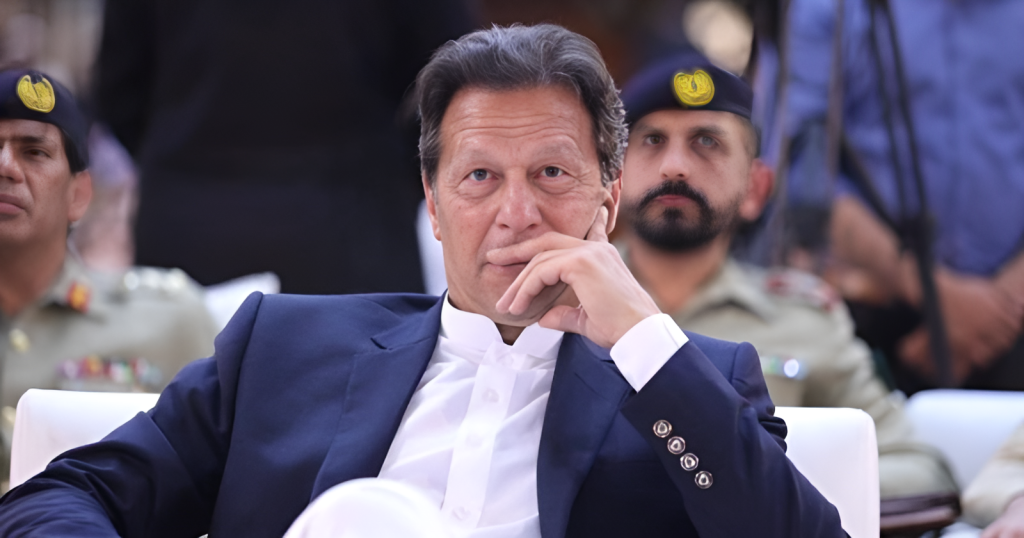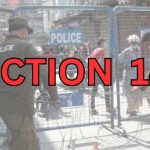
Imran Khan, the former Prime Minister of Pakistan, has been granted bail in the Toshakhana 2.0 case by the Islamabad High Court (IHC) on November 20, 2024. This case, which has drawn considerable attention, involves allegations that Khan and his wife, Bushra Bibi, retained and sold valuable state gifts during his tenure as Prime Minister from 2018 to 2022. The IHC ordered his release upon submission of Rs1 million in surety bonds, marking a temporary legal relief amidst his ongoing legal battles.
The Toshakhana case centers on accusations that Khan and his wife violated protocols regarding state gifts. These gifts, reportedly worth over 140 million rupees (approximately $501,000), included luxury items such as diamond jewelry and expensive watches. Instead of depositing them in the state treasury as required, it is alleged that the couple retained and sold them for personal gain. Both Khan and Bushra Bibi have consistently denied these charges, calling them politically motivated.

While Khan’s bail is a significant development, his immediate release is uncertain due to other pending cases, including allegations of inciting violence. His legal team is working to finalize the procedural requirements to secure his freedom.
Meanwhile, Khan’s political party, Pakistan Tehreek-e-Insaf (PTI), has called for a public gathering (jalsa) to demonstrate support for their leader. This move is seen as a show of strength and a message of resilience in the face of mounting challenges. However, the government has responded by invoking Section 144, restricting public gatherings in several areas to maintain law and order. This legal provision has often been a contentious tool, with the opposition viewing it as an attempt to stifle dissent and suppress political activity.

The case and the surrounding political maneuvers underscore the deep divisions in Pakistan’s political landscape. For Khan’s supporters, the bail is a vindication of their leader, while his critics view it as a temporary reprieve in a saga that raises critical questions about accountability and governance. As PTI rallies its base and the government enforces measures to curb public demonstrations, the political temperature in the country continues to rise.
This development is not just about legal proceedings but reflects the broader political power struggle. Khan’s ability to mobilize public support in the wake of these accusations will likely influence Pakistan’s political trajectory in the coming months. As the country watches closely, the Toshakhana 2.0 case remains a pivotal chapter in its ongoing political drama.

Imran Khan’s bail and the overwhelming public support he continues to receive underline his enduring influence on Pakistan’s political stage. As the legal battles unfold and his party mobilizes its base, the nation watches closely, knowing that the outcome of these events will leave a lasting impact on the country’s political future.








Great news